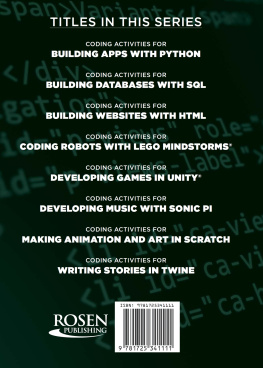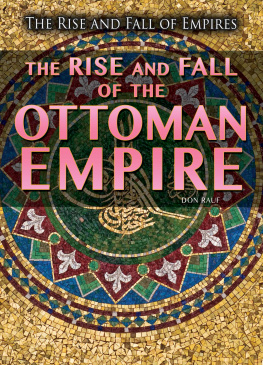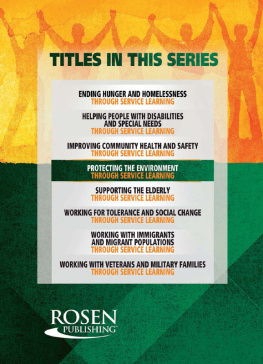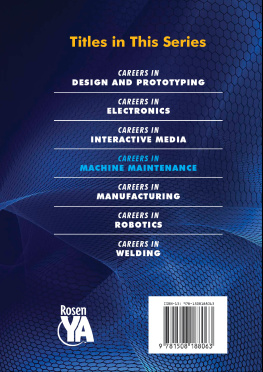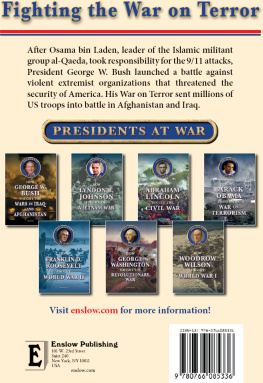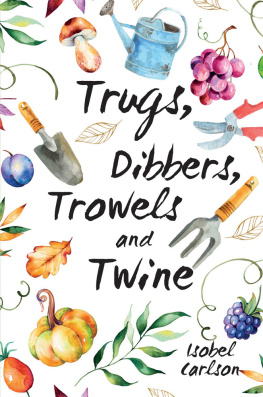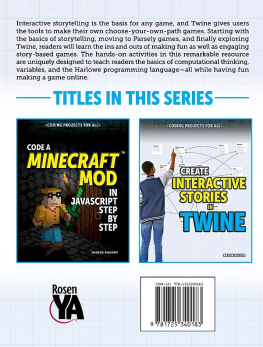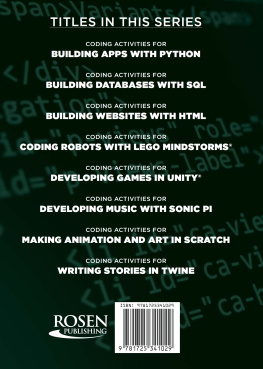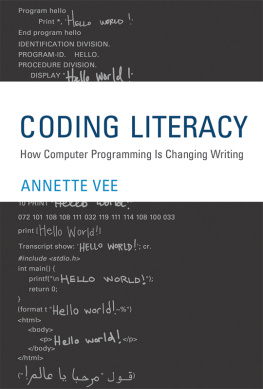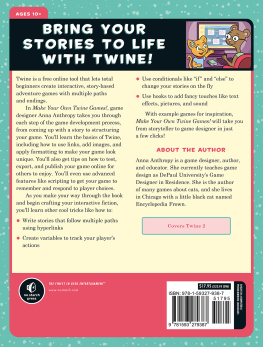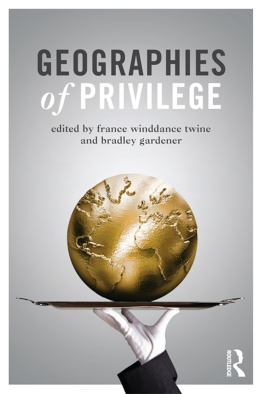
Published in 2022 by The Rosen Publishing Group, Inc.
29 East 21st Street, New York, NY 10010
Copyright 2022 by The Rosen Publishing Group, Inc.
First Edition
All rights reserved. No part of this book may be reproduced in any form without permission in writing from the publisher, except by a reviewer.
Library of Congress Cataloging-in-Publication Data
Names: Rauf, Don, author.
Title: Coding activities for writing stories in Twine / Don Rauf. Description: First edition. | New York: Rosen Publishing, 2022. |
Series: Code creator | Includes bibliographical references and index. Identifiers: LCCN 2019017118| ISBN 9781725341111 (library bound) |
ISBN 9781725341104 (pbk.)
Subjects: LCSH: Computer gamesProgrammingJuvenile literature. | Computer gamesAuthorshipJuvenile literature. | Twine (Computer program)Juvenile literature. | Plot-your-own storiesJuvenile literature.
Classification: LCC QA76.76.C672 R388 2022 | DDC 794.8/1525dc23
LC record available at https://lccn.loc.gov/2019017118
Manufactured in the United States of America
Some of the images in this book illustrate individuals who are models. The depictions do not imply actual situations or events.
CPSIA Compliance Information: Batch #CSRYA22. For further information contact Rosen Publishing, New York, New York at 1-800-237-9932.

Contents
Introduction
Writing a story or article can be similar to writing computer code. In writing code, someone is putting together a series of instructions in a specific order to get a desired result. Codes are the instructions to be carried out by the computer. In writing fiction or nonfiction, someone is putting together words and sentences to take the reader on a journey to the end of a story. While words and code themselves are not creative, the way they are combined is the very essence of creativity. Writing and coding both involve an eye for detail and making sure each piece of a work supports the greater whole. Both activities involve experimenting, discovery, and improvising. Just like writing, coding can be short and to the pointor long and verbose.
Today, the worlds of coding and writing intersect with coding tools designed for storytelling. One such example is Twine, a free tool to make interactive narratives and related content. Quizzesor pretty much anything interactivecan be easy to whip up in this format as well. Originally created by Chris Klimas in 2009, Twine is a free-to-use, open-source software suite that gives users all the tools necessary to bring together the worlds of writing and coding.
In many ways, Twine is like the books in which readers choose their own path. In these titles, the reader is placed in a narrative, and then the story moves ahead depending on what decision he or she makes. For example, the reader might be scrambling down a dark and mysterious cave and come to a fork where the tunnel splits in two. At the bottom of the page, it could say: If you want to go down the left tunnel, turn to the next page. If you want to go down the right tunnel, turn to page 10. Readers make choices and follow the story according to their choices.
Twine works in much the same waybut in a digital format. The reader takes in the story on a computer screen and is then given some choices that will determine how the story will go. Instead of turning to a certain page, readers click on a link that will take them to a new part of the narrative. (Twine allows users to build a simple linear story, too, in which the reader just clicks ahead without making a choice but that is not as exciting.)
For those interested in writing fiction and other types of narratives, Twine can spark new ways to think about story structure. Because Twine stories are often written from a second-person perspective (meaning they address the reader as you), they engage readers on a more personal level than some other forms of writing. Because readers must physically click to move ahead and make decisions, they are driven by curiosity to find out how a well-written Twine story will end.

As a free online tool for producing interactive fiction, Twine gives writers a fresh approach to translating their stories into an interactive digital game.
The unique Twine format has inspired many people to write and code. Jane Friedhoff wrote an article for the Digital Games Research Association that argues that Twine gives power to marginalized people in computer science, including LGBTQ communities, racial or religious minorities, and women. It has been used as a tool for raising awareness, sharing stories, and helping others.
One of the better-known Twine creations is Depression Quest. This interactive fiction game was created by Zoe Tiberius Quinn to help people who are suffering from depression. Depression Quest is not just an interactive and interesting storyit is also a powerful educational device.
Unlike many computer games, there is typically no time pressure, frantic toggling, and rapid-fire clicking of buttons in Twine creations. Most Twine creators generally care about getting people to read and click ahead.
As a platform, Twine provides many great features. The first is that users do not need to know much about programming to figure out how to use it. It is simple and designed to be easy to learn. Even for those who may not consider themselves computer nerds, this is the perfect place to start learning about programming.
The Twine system is visually oriented. Users develop stories with a series of boxes containing text (and other content) and then connect those boxes together with arrows. Viewed from a distance, most projects look like a giant flow chart on a grid background.
To get started, go to twinery.org. As the official Twine website, it is here that the program can be downloaded or used online, no installation required. Both options have their advantages and disadvantages, and it will be possible to complete these activities using either method. One important note: using Twine in your browser will save everything, but only so long as the browser history is not deleted. Twinery.org has helpful information with a question-and-answer section, live chat, and tutorials of all kinds.
As your Twine story comes together, it will be necessary to incorporate HTML (Hypertext Markup Language) and CSS (Cascading Style Sheets), which are considered the languages of the internet. Another popular language in this field is JavaScript, but it is a little more complex. That said, it is also powerful and useful for doing cool things within a Twine project.
Luckily, because HTML and CSS are so widespread, there are plenty of resources for learning more about the coding that goes into making interactive Twine stories. Because many coding enthusiasts love sharing their work, it is often possible to search online and find just the right chunk of code needed to perform different functionsmaybe including an image or letting the reader tally up points for certain answers.
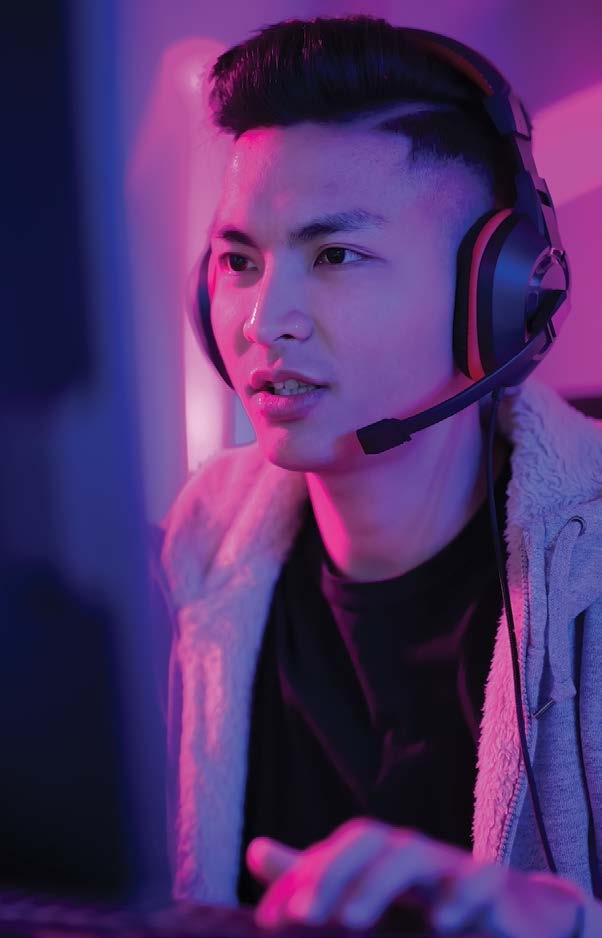
Unlike most video games, in which precision, accuracy, and reflexes are the most important tools for success, Twine games are generally more relaxed.
Next page
